Case Author
Sabrina Silveira, PharmD
Megan Scalia, PharmD
Expert Guests
Eric MacLaughlin, PharmD, BCPS
Joseph Saseen, PharmD, BCPS, BCACP, CLS
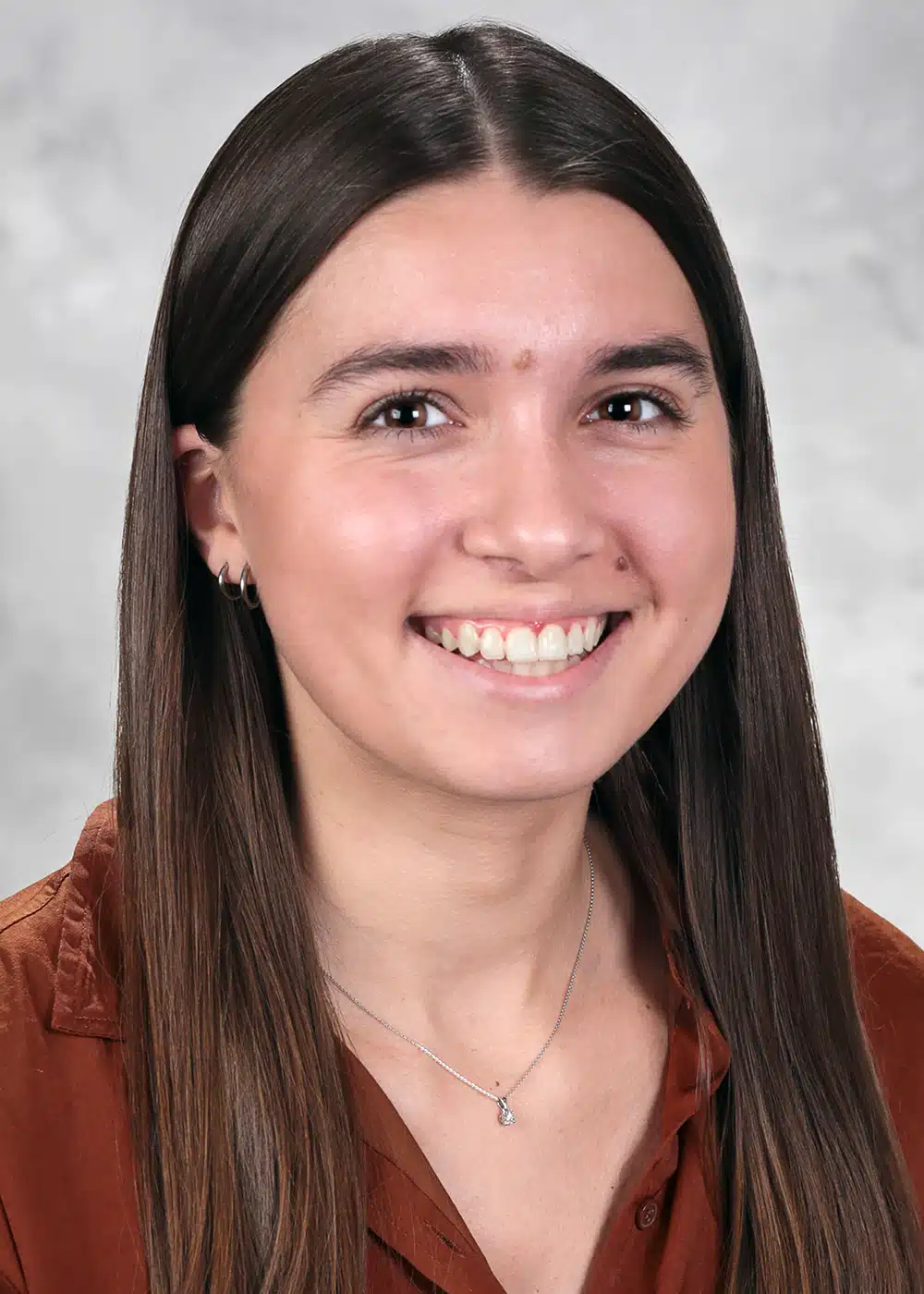 Sabrina Silveira PGY2 Am Care Resident Lifespan Rhode Island Hospital Providence, RI |  Megan Scalia Clinical Pharmacy Specialist Lifespan Rhode Island Hospital Providence, RI |  Eric MacLaughlin Professor and Chair Texas Tech HSC Jerry H. Hodge School of Pharmacy |  Joseph Saseen Professor and Assoc Dean University of Colorado Skaggs School of Pharmacy and Pharmaceutical Sci |
The Case!
Setting:
A community health center in an urban area of Rhode Island. Patients are seen at this clinic for both primary care and specialty medicine, with many patients coming from diverse backgrounds and facing barriers to care.
Patient Demographics (Initials, age, sex/gender, and race, only if relevant)
Appointment Date | Time | Provider: TODAY | 10:15 am
JT is a 67-year-old black male.
✦Unless otherwise noted, the patient’s sex assigned at birth and current gender identity are congruent.
Reason for Visit:
JT was referred by his PCP to the ambulatory care pharmacist for hypertension management.
History of Present Illness and Presenting Symptoms
Chief Complaint: “My medication is making my mouth dry. I want to stop it.”
JT presents to the clinic feeling well overall and motivated to get his blood pressure under control. He denied experiencing any fatigue or lower extremity swelling but endorses occasional headaches that generally last for a few days and occasional dizziness. JT states he experiences dry mouth, which he believes is caused by one of his medications. He also notes that he frequently sweats, but believes this may be due to his prostate cancer treatment.
JT admits to consuming foods high in sodium content but is aware that “salt” is not good for his blood pressure. For breakfast, the patient typically has four slices of cinnamon toast with butter or bagels with cream cheese. About two to three times per week, JT has two hot dogs in a bun with relish, ketchup, and mustard with a handful of potato chips for lunch. For dinner, he usually has prepared meals, such as pizza or Chinese food. He denied smoking cigarettes, chewing tobacco, or drinking alcohol. JT stated that he drinks 1 caffeinated beverage per day. JT reported not being physically active other than attending physical therapy once per week and doing chores around the house.
Social History including Health Insurance Coverage
Cultural/Ethnic Background: African American
Language Spoken: English
Religious Practices: Unknown
Education: High school graduate
Occupation: Retired, worked in plastics manufacturing for 35 years
Marital Status: Single
Smoking Status: No, never
Smokeless Tobacco: No, never
Vaping Use: No, never
Alcohol Use: Yes – one beer socially twice a month
Recreational Drug Use: No, never
Health Insurance Coverage: Medicare with a supplemental plan
Patient is currently insured through Medicare and a supplemental plan, but he faces financial hardship and has difficulty affording high copays. JT has minimal support at home, as he lives in an apartment on his own.
Significant Past Medical History
JT has a past medical history significant for a stroke at age 64 (with mild residual left-sided weakness), pre-diabetes, GERD, Afib, prostate cancer, anxiety, depression, dyslipidemia, and hypertension.
Despite being on several antihypertensive medications, JT’s blood pressure remains elevated. He endorses 100% adherence to his medications. He attributes the dry mouth to clonidine, as the symptoms began soon after he started the medication and worsened when the dose was increased. JT would like to stop taking clonidine.
JT is taking abiraterone and prednisone for his prostate cancer treatment as prescribed by his oncologist. He has an extensive medication list and is at high risk for drug-drug interactions.
Current Medications
abiraterone (ZYTIGA) 250 mg tablet
acetaminophen 325 mg tablet
amLODIPine 5 MG tablet 1 tablet daily
atorvastatin 80 MG tablet 1 tablet daily
cetirizine 10 MG tablet
citalopram 40 MG tablet
cloNIDine HCL 0.3 MG tablet 1 tablet twice daily
fluticasone propionate 50 mcg/actuation nasal spray
hydroCHLOROthiazide 25 MG tablet 1 tablet daily
losartan 100 MG tablet 1 tablet daily
metoprolol tartrate 100 MG tablet 1 tablet twice daily
pantoprazole 40 MG delayed-release tablet
predniSONE 5 MG tablet
warfarin 5 MG tablet
Physical Exam Findings / Vital Signs (TODAY)
At the visit, his blood pressure was initially 143/87 and the repeat measurement was 138/81. JT measures his blood pressure at home and brought his log to the clinic for review. His systolic blood pressure ranged from 133 to 150, and diastolic blood pressure ranged from 77 to 96 over the past month.
| Weight | 115.9 kg (255 lb) |
| Height | 177.8 cm (70”) |
| Blood Pressure | 143/87, 138/81 mmHg |
| Temperature | 98.7 ˚F |
| Pulse Rate | 58 bpm |
Pertinent Laboratory Findings
Basic Metabolic Panel
| Component | Reference Range & Units | Today |
| Glucose | 67 – 99 mg/dL | 120 |
| BUN | 6 – 24 mg/dL | 19 |
| Creatinine | 0.44 – 1.03 mg/dL | 0.71 |
| Sodium | 135 – 145 mEq/L | 139 |
| Potassium | 3.6 – 5.1 mEq/L | 3.6 |
| Chloride | 98 – 110 mEq/L | 101 |
| CO2 | 22 – 32 mEq/L | 29 |
| Calcium | 8.5 – 10.5 mg/dL | 10.2 |
| eGFR | Abnormal <60 ml/min/1.73M | >60 |
| Albumin | 3.5-5.0 g/dL | 4.4 |
| Total Protein | 6.0-8.0 g/dL | 7.6 |
| Total Bilirubin | 0.2-1.3 mg/dL | 0.5 |
| Alk Phos | 20-90 mU/mL | 93 |
| AST | 10-59 U/L | 24 |
| ALT | 10-40 U/L | 50 |
| Component | Reference Range & Units | Today |
| Hemoglobin, A1c | 4.3 – 5.7% | 5.9 |
FINAL NOTE: This program will be available for recertification credit through the American Pharmacists Association (APhA) Board Prep and Recertification Program. To learn more, visit the APhA Board Prep and Recertification website and sign up for the Evidence-Based Practice Series.
References and Resources
- ACCP/ASHP 2023 Ambulatory Care Pharmacy Preparatory Review and Recertification Course.
- Whelton PK, Carey RM, Aronow WS, Casey DE Jr, Collins KJ, Dennison Himmelfarb C, et al. 2017 ACC/AHA/AAPA/ABC/ACPM/AGS/APhA/ASH/ASPC/NMA/PCNA Guideline for the Prevention, Detection, Evaluation, and Management of High Blood Pressure in Adults: Executive Summary: A Report of the American College of Cardiology/American Heart Association Task Force on Clinical Practice Guidelines. Hypertension. 2018 Jun;71(6):1269-1324.

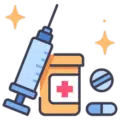
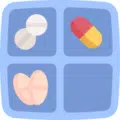

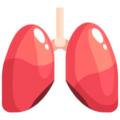
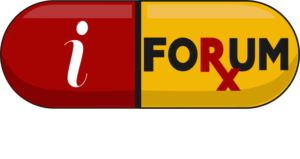 iForumRx.org is a web-based community of practice designed to inform ambulatory care pharmacy specialists, pharmacy residents, and student pharmacists about high-quality, practice-changing evidence.
iForumRx.org is a web-based community of practice designed to inform ambulatory care pharmacy specialists, pharmacy residents, and student pharmacists about high-quality, practice-changing evidence.